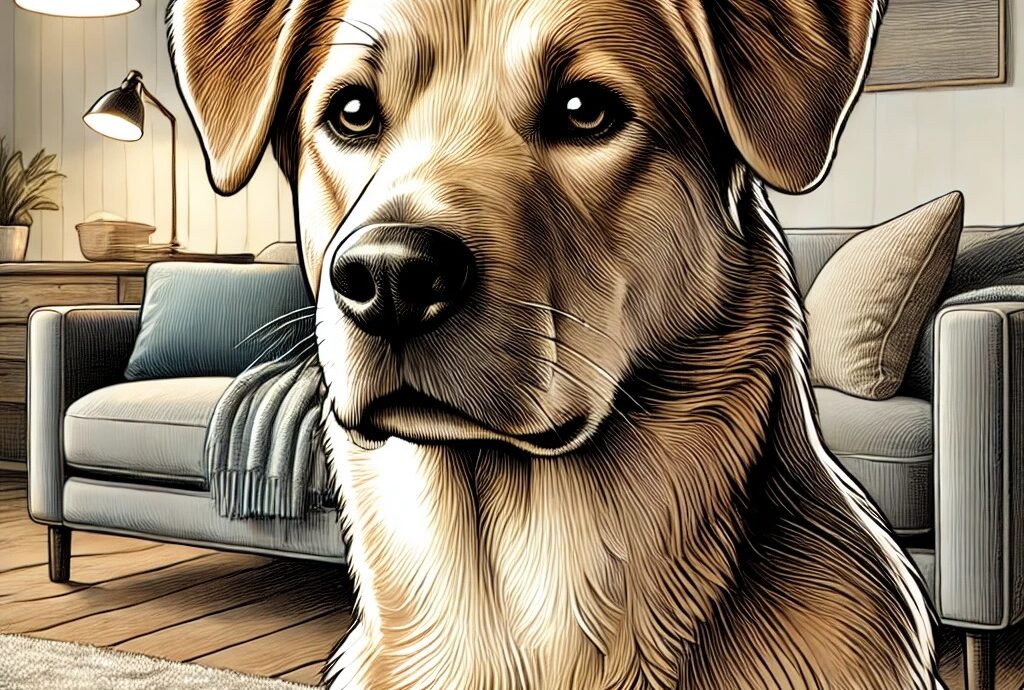- by dogtumor
- 7 月 29, 2024
Canine Cancer and Behavioral Changes: Is Your Dog Becoming Distant?

Cancer is a devastating diagnosis for any pet owner to face. While the physical symptoms of cancer in dogs are often well-documented, the emotional and behavioral changes can be equally concerning. One such change is when a once-friendly and sociable dog starts to become distant. Understanding the link between canine cancer and behavioral changes is crucial for providing the best care for your furry friend. This article delves into why dogs with cancer may become distant and how you can support them during this challenging time.
Recognizing Behavioral Changes in Dogs with Cancer
Dogs, like humans, can experience a range of emotions and behavioral changes when dealing with illness. These changes may include:
- Withdrawal from family interactions
- Decreased interest in play and activities
- Increased irritability or aggression
- Changes in eating and sleeping patterns
Why Do Dogs Become Distant?
- Pain and Discomfort: One of the primary reasons dogs become distant when they have cancer is due to pain and discomfort. Cancer can cause significant physical pain, which may make dogs less likely to engage in normal activities or seek out social interactions.
- Fatigue: Cancer and its treatments, such as chemotherapy or radiation therapy, can cause extreme fatigue. A tired dog is more likely to isolate itself to rest and conserve energy.
- Emotional Stress: Just like humans, dogs can experience emotional stress when they are unwell. The stress of dealing with cancer can lead to anxiety and depression, which may manifest as withdrawal from social interactions.
- Medication Side Effects: Some medications used to treat cancer can have side effects that impact a dog’s behavior. For example, certain pain medications or steroids may cause mood changes, leading to increased irritability or lethargy.
- Changes in Routine: Cancer treatments often require frequent visits to the vet and changes in daily routines. These disruptions can cause stress and anxiety in dogs, leading them to become more withdrawn.
Supporting Your Dog Through Behavioral Changes
Understanding and compassion are key to supporting a dog experiencing behavioral changes due to cancer. Here are some strategies to help:
- Provide a Comfortable Environment: Ensure your dog has a quiet, comfortable place to rest. Soft bedding and a calm environment can help reduce stress and promote healing.
- Maintain a Routine: Try to keep your dog’s routine as consistent as possible. Regular feeding, walking, and playtimes can provide a sense of normalcy and security.
- Pain Management: Work closely with your veterinarian to manage your dog’s pain effectively. Adequate pain relief can significantly improve your dog’s quality of life and willingness to engage.
- Gentle Interaction: Approach your dog gently and avoid forcing interactions. Let your dog come to you when it feels comfortable. Gentle petting and quiet companionship can be very soothing.
- Monitor Behavioral Changes: Keep a close eye on any changes in your dog’s behavior and report them to your veterinarian. Adjustments in treatment or medication may be needed to improve your dog’s comfort.
- Holistic Treatments: Consider integrating holistic treatments like acupuncture, massage, or herbal supplements such as Baituxiao from TCMVET. Baituxiao, known for its anti-cancer properties and immune support, can complement conventional treatments and help improve your dog’s overall well-being.
Cancer not only affects a dog’s physical health but can also lead to significant behavioral changes. Recognizing these changes and understanding their underlying causes is crucial for providing the best care for your dog. By creating a supportive and loving environment, managing pain effectively, and considering holistic treatments like Baituxiao, you can help your dog navigate this challenging journey with more comfort and dignity.
Author: dogtumor
相關
探索更多來自 Dogtumor 的內容
Subscribe to get the latest posts sent to your email.

